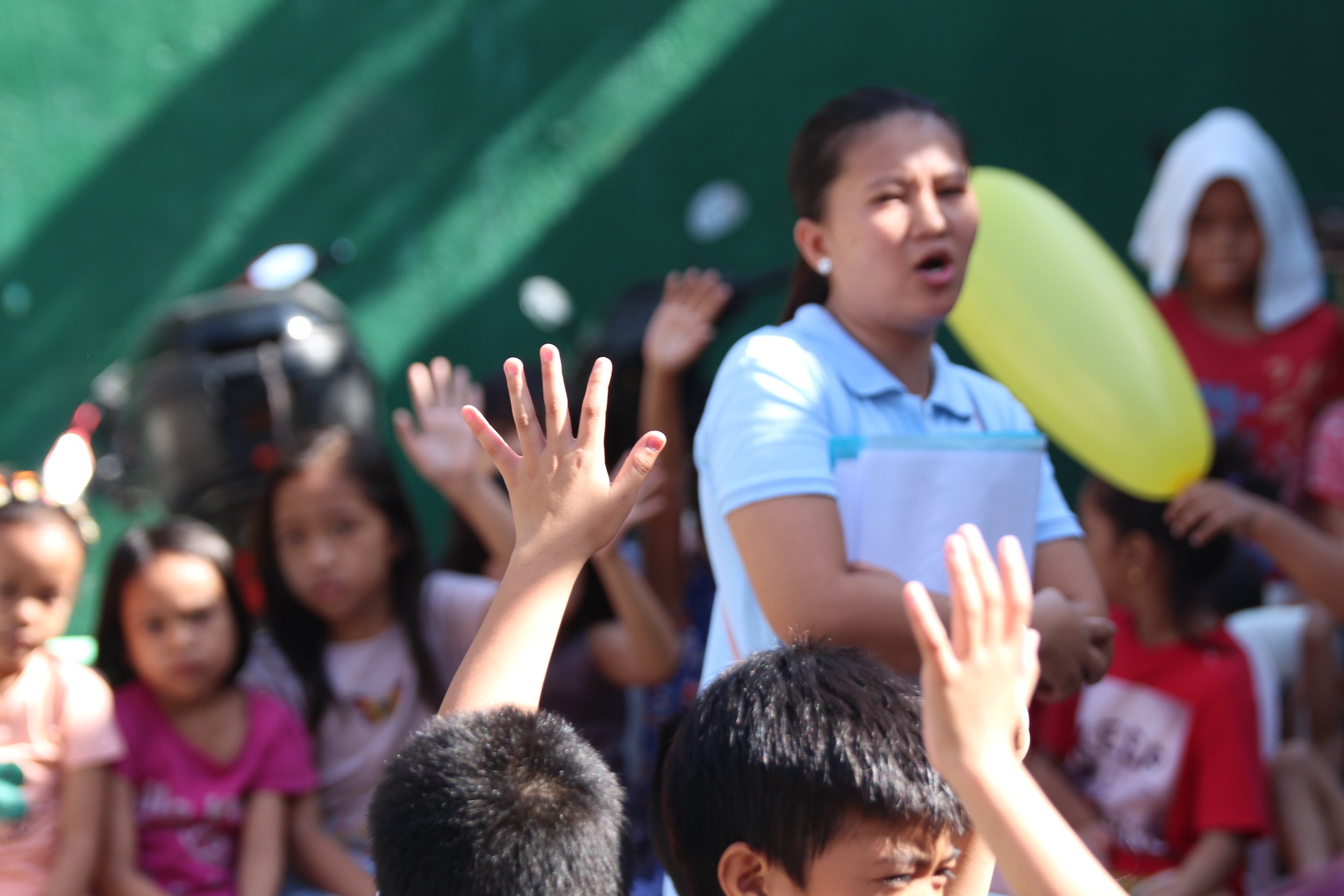Poverty is a complex issue that impacts far more than just financial stability—it affects physical health, education, and access to essential services. It's important to understand that poverty is not solely the result of personal choices, but often stems from a lack of opportunities. These challenges are especially pronounced in developing countries.
In urban areas, poverty may appear as homelessness, food insecurity, and inadequate housing. In rural regions, it often shows up as poor infrastructure and limited access to clean water, roads, healthcare, and education. Many children grow up malnourished, limiting their chances for a healthy, long life.
Every community faces unique challenges, and addressing poverty requires thoughtful, localized solutions.
Understanding Poverty.
Strategies For Empowerment.
-
Meet Basic Needs
Empowerment begins by addressing urgent, practical needs. This includes providing food, clean water, temporary shelters, repairing homes, and offering healthcare. GGI works with volunteers to distribute supplies, dig wells, support food banks, and more.
-
Education & Training
Education is key to breaking the cycle of poverty. GGI partners with schools and orphanages to support programs that equip children, women, and men with the skills and knowledge needed to thrive and become self-sufficient.
-
Employment
Sustainable income is key to long-term change. GGI identifies job opportunities based on local needs—like providing sewing machines in rural areas or supporting mini food trucks and coffee stands in urban communities.
Clean water shouldn’t be a luxury.
Yet in many rural communities, people often walk several miles to collect water using unsafe and unconventional methods. Sadly, many of these water sources are contaminated, leading to the spread of life-threatening diseases. (Watch the video to see this reality firsthand.)
And this is just one of many challenges faced by those living in poverty. In response, GGI is working to bring hope and practical solutions—not only by addressing water needs, but also through a variety of country-specific initiatives designed to uplift and empower communities. Explore our current projects to learn more.




